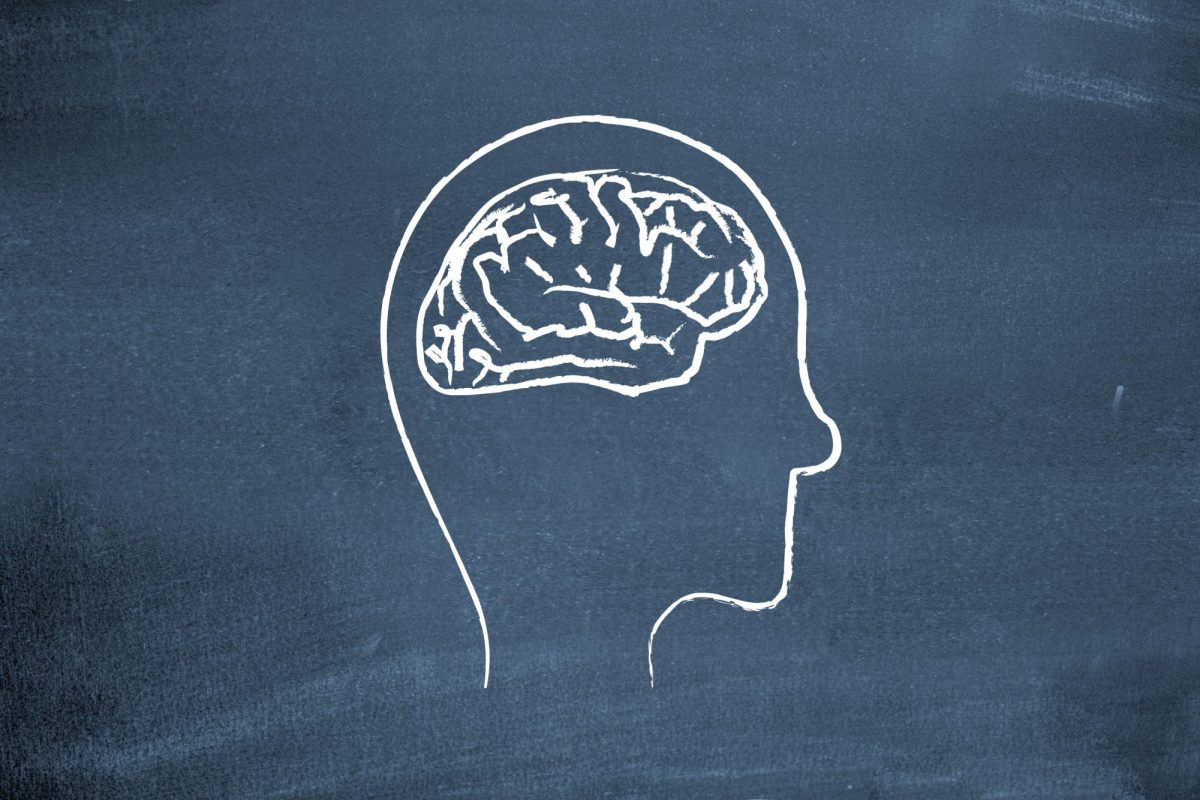The Florida Department of Education has come under fire as a result of an “effective ban” of the AP Psychology course in early August, only days before the start of the school year. Although the Florida Education Commissioner later backtracked on this decision, many are still skeptical of AP Psychology’s future in the state.
The College Board, an educational non-profit responsible for creating the AP courses, released a statement on Aug. 3 criticizing the Florida Department of Education (FLDOE) for “effectively banning” the AP Psychology course. The FLDOE had taken issue with a unit of the course that asks students to “describe how sex and gender influence socialization and other aspects of development,” as classroom instruction on gender identity and sexuality is deemed inappropriate for K-12 students under Florida law.
“Their arguments for not having the class do not line up with the curriculum as I understand it,” Sarah Bartosiak, who has been an AP Psychology teacher at Madison for six years, commented. “[Juniors and seniors] are the people who are the most advanced and capable of that critical thinking, so I’m not understanding how it’s not developmentally appropriate.”
Even before the controversy, the course had been subject to requests for modification of course content, which the College Board had refused, stating that it would “censor college-level standards.”
“I agree with the decision to have the class be pulled (rather than modifying the content), because once you start making modifications for political agendas, where does it stop?” Bartosiak said of the College Board’s assertiveness with the class. The Board’s refusals also drew praise from many advocates who believed that they were standing up against censorship in education.
Following backlash, Florida Education Commissioner Manny Diaz Jr. wrote to the College Board that high schools may teach AP Psych “in its entirety in a manner that is age and developmentally appropriate.” In the wake of the letter, the College Board decided to start reallowing the course in the state, but many districts aren’t quite as convinced that the class is now safe to offer.
Many districts still take issue with the contents of the course and others worry that the state may not actually have fully backtracked on their original decision. Out of the 11 districts with the largest enrollment in the course, seven have admitted plans to switch to alternate courses. The other four districts have said they plan on keeping the class. Alternate classes that have been proposed include other college-level psychology courses offered by Cambridge International or the International Baccalaureate program. Florida’s Seminole county even made the decision to move away from a psychology course altogether, instead opting to take the AP Seminar course, which they argue still emphasizes the study of psychology, although some aren’t convinced that it will provide the same experience.
“As soon as you start modifying the curriculum, you’re picking and choosing the parts that are acceptable or that are important,” Bartoisak said, defending AP Psych as one of the most important classes one can take in high school. “It is something that helps you to understand yourself better, it is something that helps you to understand your relationships better. You can understand the world around you better.”
The controversy comes as part of a larger “parents rights” movement, which has also been used against other curriculums, such as the AP African American studies course. In regard to the movement, Bartosiak said that while parents should be part of the educational team, they lack the kind of knowledge and expertise that educators possess.
“The problem is when parents then don’t value the expertise of the educators . . . most parents are not educators,”Bartosiak said. “They haven’t had the education in cognitive development or in my field of expertise.”
Bartosiak also argues that many of the ideals of the movement go to a “lack of value that we place in education,” as the expertise of professionals in other fields is not as often brought into question. Decisions in favor of the movement have also been made in Virginia, such as the Email Tip Line to report teachers for teaching offensive content, which was removed only months after being introduced last year. Even teachers at FCPS were asked whether their course contained any content of a sexual nature, which many found to be belittling of teachers credibility.
“I’ve been teaching AP Psychology for six years, and I learn more every time I teach it, ” Bartosiak said. “They’re taking for granted all of that educational and experiential knowledge.”





